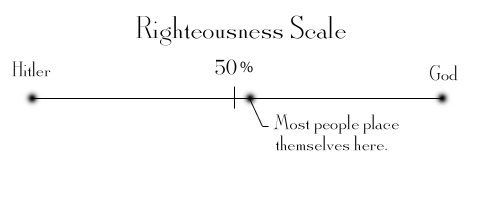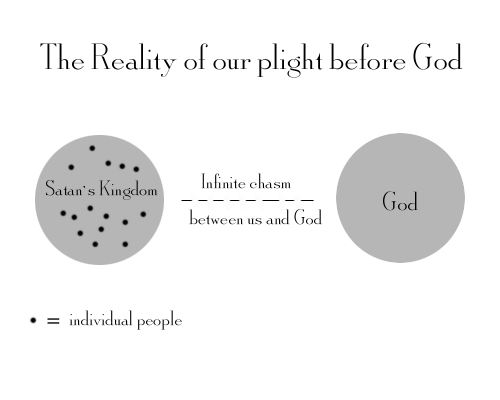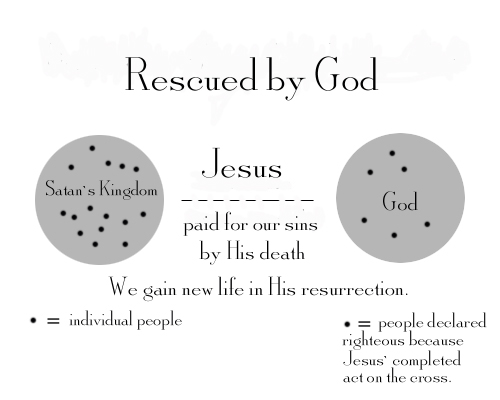The Erroneous Scale of Righteousness
2007-05-03
In church planting, it is imperative that we understand the need for clarity in the Gospel presentation. There is not a more important message around that we need to get right. It is essential to make sure that believers have the Gospel message clearly in their minds, and that there is no burden of works that has been subtly added into the message. If we do not understand our position in Christ or cannot articulate the Lord’s infinite grace, we may make an unbeliever’s world worse than it already is.
The first most vital thing to understand and to portray is humankind’s plight before God. We often get a sense that the concept of sin is equivalent to moral pollution and that Jesus Christ is the antidote to remove tarnish from the soul. We tend to lessen the sting of our reality before God because in today’s society it is not considered politically correct. We cannot undermine the reality of sin before God. For a common test to see where people think they stand before God, consider the following illustration. Hitler (an example of someone most people consider evil) is on the left, and on the right is God, the perfect standard of righteousness. Where on this scale do people place themselves? People usually position themselves to the right of the center, thinking (or hoping) they have enough intrinsic worth to be acceptable to God.

Here are three realities about our plight before God: We are guilty before God.
- Ecclesiastes 7:20 says, “For there is not a just man upon earth, that doeth good, and sinneth not.”
- Romans 3:10 says, “There is none righteous, no, not one.”
For a shame-based culture, we also need to emphasize the concept of complete dishonor before God.
- Habakkuk 1:13 says, “Thou [God] art of purer eyes than to behold evil, and canst not look on iniquity.”
We also deserve nothing but condemnation. Not only do we sin, but we were born into the sinful human race, in a world that is destined to eternal flame.
- Romans 5:18 says, “by the offence of one [Adam, the first man] judgment came upon all men to condemnation.”
The third reality is that we are helpless to do anything about our situation. When the disciples asked Jesus who could be saved, Jesus replied: “With men this is impossible; but with God all things are possible.” The character of God demands perfection (Deuteronomy 18:13), and there is no one who can change one’s own plight before Him. Consider this revised sketch of humankind’s plight before a righteous and holy God.

The death, burial, and resurrection of Jesus Christ are the power of our salvation. The wrath we deserve was entirely paid for by Him. The world received forgiveness of sins in Jesus’ sacrifice on the cross. But this gift from God can only be appropriated by trusting in this completed, objective, historical event of the cross. We are declared righteous by His working, not ours. Here are some fantastic truths worth meditating on: There is nothing we can do to add to God’s acceptance of us in Jesus Christ. Likewise, there is nothing we can do to subtract from God’s acceptance of us in Jesus Christ.
Adding one element of works (i.e., things we need to do) will confuse people. Once the Gospel is presented, we do not tell them to do anything. This includes phrases such as “accepting Jesus into one’s heart.” As long as one understands one’s plight before God and that Jesus is the only one who can rescue us from our fate, this alone should stimulate faith. People must understand that God cannot be manipulated by works; He delivered us from His wrath unilaterally.

